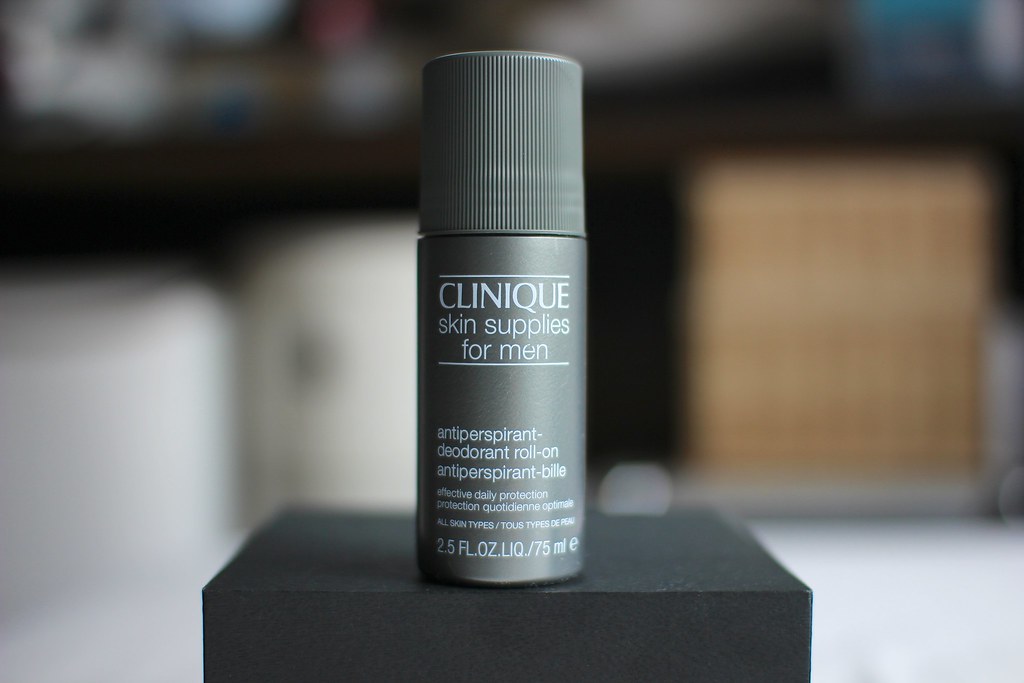Have you ever pondered the perplexing paradox of personal hygiene that is our selective scent suppression? We zealously zap our underarm odors with a plethora of perfumed products, yet we leave our lower latitudes largely unattended, despite their notorious knack for noxiousness. Let’s dive into the sweaty science behind this societal quirk and explore why our pits get all the attention while our nether regions are nudged to the sidelines.
Sweat, by its lonesome, is a rather innocuous secretion, practically scentless and as clear as the conscience of a toddler. However, when this innocent perspiration parties with the bacteria boogying on our skin, the result is a funk fest that can make even the most stoic among us wrinkle their nose in disdain. This olfactory offense is commonly known as body odor (BO), or if you want to get technical, bromhidrosis. And while smelly armpits may send us into a spiral of self-consciousness, it’s a universal human experience – as normal as breathing, though decidedly less refreshing.
What concocts this cocktail of stench?
Our bodies are bedecked with sweat glands, and these little liquid leakers come in two main types: eccrine and apocrine. Eccrine glands are the egalitarian sweat producers, dotting much of our dermis and opening directly onto the skin’s surface. They’re the ones working overtime when your body heats up, secreting a sweat that’s meant to cool you down. It’s a thankless job, really, and it’s only when bacteria begin to break down this sweat that the odor emerges. Foods, drinks, and medications can also turn eccrine sweat into an aromatic announcement of your recent diet or health regimen.
Then there are the apocrine glands, the VIPs of the sweat gland nightclub, located in the exclusive areas of hair follicles like the groin and armpits. These glands are the introverts of the sweat world, secreting their fluid only when under the emotional spotlight of stress. This fluid is as odorless as its eccrine counterpart until it too hits the bacterial dancefloor on your skin. These glands are late bloomers, kicking into gear around puberty, which explains the sudden need for teen deodorant aisles to become a rite of passage.
Let’s talk tactics for tackling the tang of the pits
The severity and underlying causes of your personal scent story will dictate your deodorant destiny. For some, it’s a matter of stepping up their hygiene game or finding the right product. For others, it’s a condition called hyperhidrosis, where the body’s sweat production is as overzealous as a puppy at a park. If you’re in this sweaty boat, your doctor might suggest prescription-strength solutions or even Botox injections – yes, the wrinkle warrior also battles the beads of sweat.
Preventing pit pong is a proactive pursuit. Daily showers with soap, wearing breathable fabrics, and even hair removal can all contribute to a less fragrant frame. Stress management can also play a pivotal role since stress can trigger your sweat glands like an overzealous fire alarm.
But what about the crotch, that oft-ignored epicenter of sweat and scent? It’s a curious cultural phenomenon that we don’t give it the same antiperspirant attention as our armpits. Perhaps it’s the sensitive skin territory, or maybe it’s just a societal oversight. Dermatologist Anthony Rossi cautions against slathering traditional antiperspirants down there, as the skin is more delicate and prone to irritation. Instead, he suggests a gentler approach, with products containing aluminum salts to seal the sweat ducts or natural deodorants like sodium bicarbonate to combat both moisture and microbes.
Why do we apply deodorant under our armpits but not for our crotch, despite the latter’s potential to outdo the former in both sweat and smell? It’s a question that tickles the mind and challenges our hygiene habits. As we continue to navigate the murky waters of body odor, let’s remember that while armpits have become the poster child for deodorant campaigns, the crotch could very well be deserving of its own spotlight in the fight against sweat and smell.
Delving into the Armpit vs. Crotch Conundrum: A Cultural Quirk?
Why do we treat our armpits like a sanctuary for scents and our crotch like a no-deodorant land? It’s a cultural quirk that’s as baffling as a hedge maze with no exit. Our pits enjoy a daily spritz of fragrance while our nether regions are left to fend for themselves in the wilds of our body’s ecosystem. Let’s explore this peculiar preference and the possible reasons behind it.
The armpit has become the poster child for deodorants and antiperspirants, with advertisements painting a world where a quick swipe of a stick ensures confidence and allure. It’s a narrative we’ve all bought into, but it’s not just about smelling like a fresh meadow or a cool ocean breeze. The armpit is a hotbed for apocrine glands, which, as we’ve learned, are the culprits behind the body odor when they mingle with bacteria. This is why the armpit has been targeted as the frontline in the battle against BO.
But let’s not forget, the crotch is also home to these apocrine glands, and it’s no stranger to sweat. In fact, it can become a sauna of sweat and bacteria, leading to its own distinctive bouquet. Yet, we don’t see commercials with catchy jingles encouraging us to deodorize down there. Is it because the skin is more sensitive? Or perhaps it’s a matter of out of sight, out of mind?

Dermatologist Anthony Rossi offers a word of caution against using traditional antiperspirants in the groin area due to the sensitivity of the skin. The risk of irritation is higher, and let’s face it, an itchy crotch is as uncomfortable as wearing a sweater made of sandpaper. Instead, Rossi suggests gentler alternatives, such as products with aluminum salts or natural options like sodium bicarbonate, which can tackle both moisture and microbes without the harshness.
It’s interesting to note that people assigned male at birth (AMAB) tend to have more issues with body odor, thanks to a higher density of hair and, consequently, more apocrine glands. This biological twist of fate means that men are often more in need of deodorizing strategies, yet the focus remains predominantly on the armpits. It’s a conundrum that’s ripe for reevaluation.
What can be done to address the sweaty situation south of the border?
First and foremost, hygiene is key. A daily shower with antibacterial soap can work wonders in keeping the bacteria at bay. Toweling off thoroughly is also crucial, as damp skin is a playground for odor-causing bacteria. And while we’re on the subject of hygiene, let’s talk about hair removal. A 2016 study found that shaving or waxing the armpits significantly reduced odor, and the same principle applies to the crotch. Less hair means easier cleaning and less surface area for bacteria to cling to.
For those with hyperhidrosis, or excessive sweating, the situation requires more than just good hygiene. Over-the-counter antiperspirants might not cut it, and that’s where treatments like prescription-strength products or Botox injections come into play. These methods can provide relief for those who find themselves in a constant state of perspiration.
But let’s not forget about the power of prevention. Wearing breathable fabrics, managing stress, and changing clothes regularly can all contribute to a drier, less odorous existence. And for those times when you need a little extra help, there are products specifically designed for the groin area that can provide the protection you need without the irritation.
While our armpits have hogged the limelight in the world of deodorants, it’s time to shine a spotlight on the crotch. It’s a region that deserves just as much attention, if not more, given its propensity for sweat and smell. As we continue to evolve in our understanding of personal hygiene, perhaps we’ll see a shift in cultural norms, with crotch deodorants becoming as commonplace as their underarm counterparts. Until then, we’ll have to navigate the waters of body odor with the tools and knowledge we have, keeping both our pits and our privates as fresh as possible.
Whether it’s your armpits or your crotch, the goal is the same: to feel clean, comfortable, and confident in your own skin. So, let’s break the taboo and talk about crotch care with the same openness as we do about armpit odor. After all, it’s all just a part of being human, and there’s nothing embarrassing about wanting to smell your best from head to toe.
Related posts:
Smelly Armpits: Causes, Treatments, Prevention, and More
Tips for Reducing Body Odor
Can I Use Antiperspirant on My Groin?





